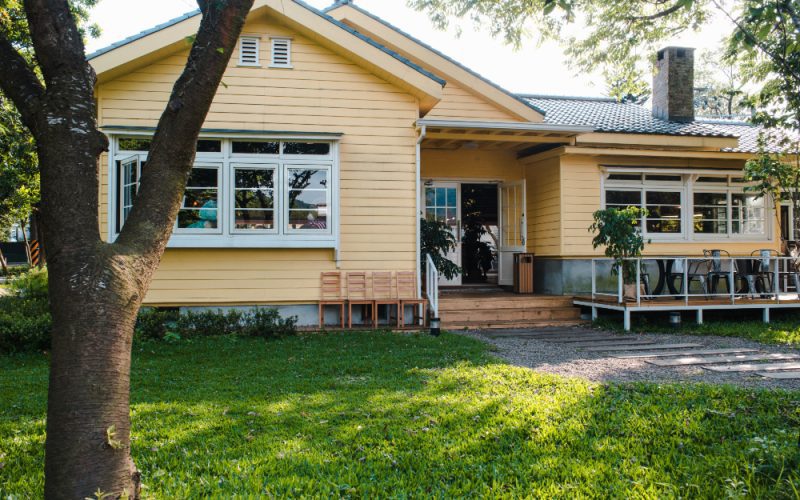Creating an eco-friendly garden not only benefits the environment but also enhances the beauty and sustainability of your outdoor space. By implementing a few simple practices, you can make your home garden more environmentally friendly. Here are ten easy ways to get started:
1. Composting: Start a compost pile or use a compost bin to recycle kitchen scraps, yard waste, and other organic materials. Compost enriches the soil, reduces waste, and minimizes the need for chemical fertilizers.
2. Water Conservation: Install a rainwater harvesting system to collect rainwater for irrigation. Use a drip irrigation system or water plants early in the morning or late in the evening to minimize water evaporation.
3. Native Plants: Choose native plants for your garden as they are adapted to the local climate and require less water and maintenance. Native plants also provide habitat for local wildlife and promote biodiversity.
4. Organic Pest Control: Avoid using chemical pesticides and opt for organic pest control methods. Introduce beneficial insects like ladybugs and lacewings, use companion planting techniques, and make natural pest repellents using ingredients like garlic and neem oil.
5. Mulching: Apply a layer of organic mulch around your plants to conserve moisture, suppress weeds, and improve soil health. Mulch also helps regulate soil temperature and reduces the need for watering.
6. Sustainable Materials: Use sustainable materials for garden structures, such as recycled plastic lumber or reclaimed wood. Avoid using treated wood, which contains harmful chemicals.
7. Rain Gardens: Create a rain garden to capture and filter rainwater runoff from your roof or other impervious surfaces. Rain gardens help prevent water pollution and provide a habitat for water-loving plants and insects.
8. Bee-Friendly Plants: Plant flowers that attract bees and other pollinators. Bees play a crucial role in pollination, and by providing them with a food source, you contribute to the health of the ecosystem.
9. Natural Fertilizers: Use organic fertilizers like compost, manure, or seaweed extracts to nourish your plants. These natural fertilizers release nutrients slowly and improve soil fertility without harming the environment.
10. Reduce Waste: Minimize waste by reusing and repurposing materials in your garden. Use recycled containers for planting, repurpose old furniture as garden decor, and recycle garden waste whenever possible.
By implementing these ten simple practices, you can transform your home garden into an eco-friendly oasis. Not only will you be reducing your environmental footprint, but you will also create a sustainable and beautiful space that benefits both you and the planet. Start making a difference today and enjoy the rewards of a greener garden.










